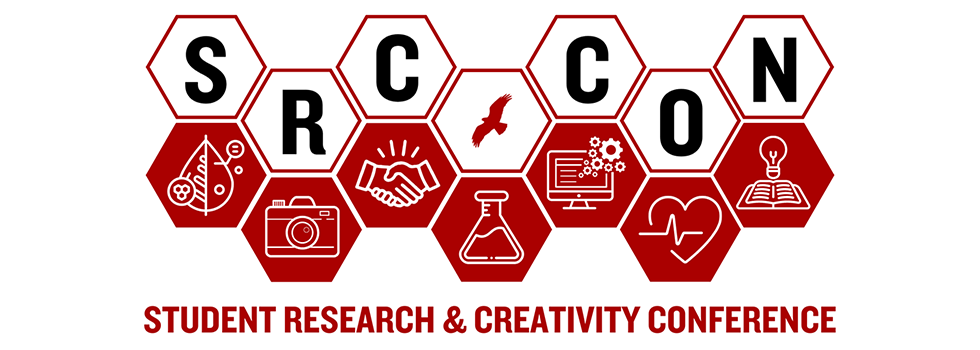Queer Relationship Representation in TV Media
Faculty Information
Eva Dicker | Course: PSYC 3500 | Completed project
Presentation Type
Group or Panel
Presentation Format
Oral presentation
Start Date
10-5-2024 12:00 PM
End Date
10-5-2024 1:00 PM
Abstract or artist statement
The topic of queer representation in the media has become increasingly pertinent for studying the impacts of representation on marginalized identities. Individuals who identify as LGBTQ+ may be at higher risk of mental health issues and may be mediated by representation on-screen. We chose to investigate potential connections between engagement with queer relationships in TV media, confidence in identity, and satisfaction with queer media. We hypothesized that LGBTQ individuals who report higher engagement with queer TV media representation will have higher scores related to confidence in identity. We also hypothesized that LGBTQ individuals who report higher engagement with queer representation will have higher rates of satisfaction with queer media as opposed to those who engage with queer media less. Finally, we hypothesized that LGBTQ (categorized as people with a sexuality other than heterosexual) people will have a higher correlation with media satisfaction than those who are heterosexual. After data collection through Qualtrics, we had 75 viable participants between the ages of 18-29 and including a range of sexualities. In our survey we had a series of Likert-type questions that addressed topics such as self-confidence, identity, and engagement with queer media. Our primary result was that there is a significant relationship between engagement and satisfaction with queer media for LGBTQ+ individuals. Our study emphasizes the need for more queer representation in mainstream media, and an opening for further qualitative research relating to queer identity formation as relating to media.
Keywords: psychology, statistics & research methods, queer representation, identity, self-confidence, media
Queer Relationship Representation in TV Media
The topic of queer representation in the media has become increasingly pertinent for studying the impacts of representation on marginalized identities. Individuals who identify as LGBTQ+ may be at higher risk of mental health issues and may be mediated by representation on-screen. We chose to investigate potential connections between engagement with queer relationships in TV media, confidence in identity, and satisfaction with queer media. We hypothesized that LGBTQ individuals who report higher engagement with queer TV media representation will have higher scores related to confidence in identity. We also hypothesized that LGBTQ individuals who report higher engagement with queer representation will have higher rates of satisfaction with queer media as opposed to those who engage with queer media less. Finally, we hypothesized that LGBTQ (categorized as people with a sexuality other than heterosexual) people will have a higher correlation with media satisfaction than those who are heterosexual. After data collection through Qualtrics, we had 75 viable participants between the ages of 18-29 and including a range of sexualities. In our survey we had a series of Likert-type questions that addressed topics such as self-confidence, identity, and engagement with queer media. Our primary result was that there is a significant relationship between engagement and satisfaction with queer media for LGBTQ+ individuals. Our study emphasizes the need for more queer representation in mainstream media, and an opening for further qualitative research relating to queer identity formation as relating to media.
Keywords: psychology, statistics & research methods, queer representation, identity, self-confidence, media

